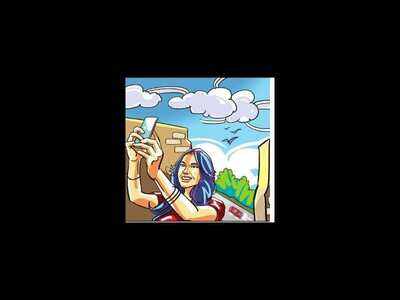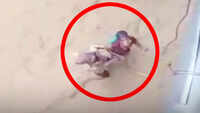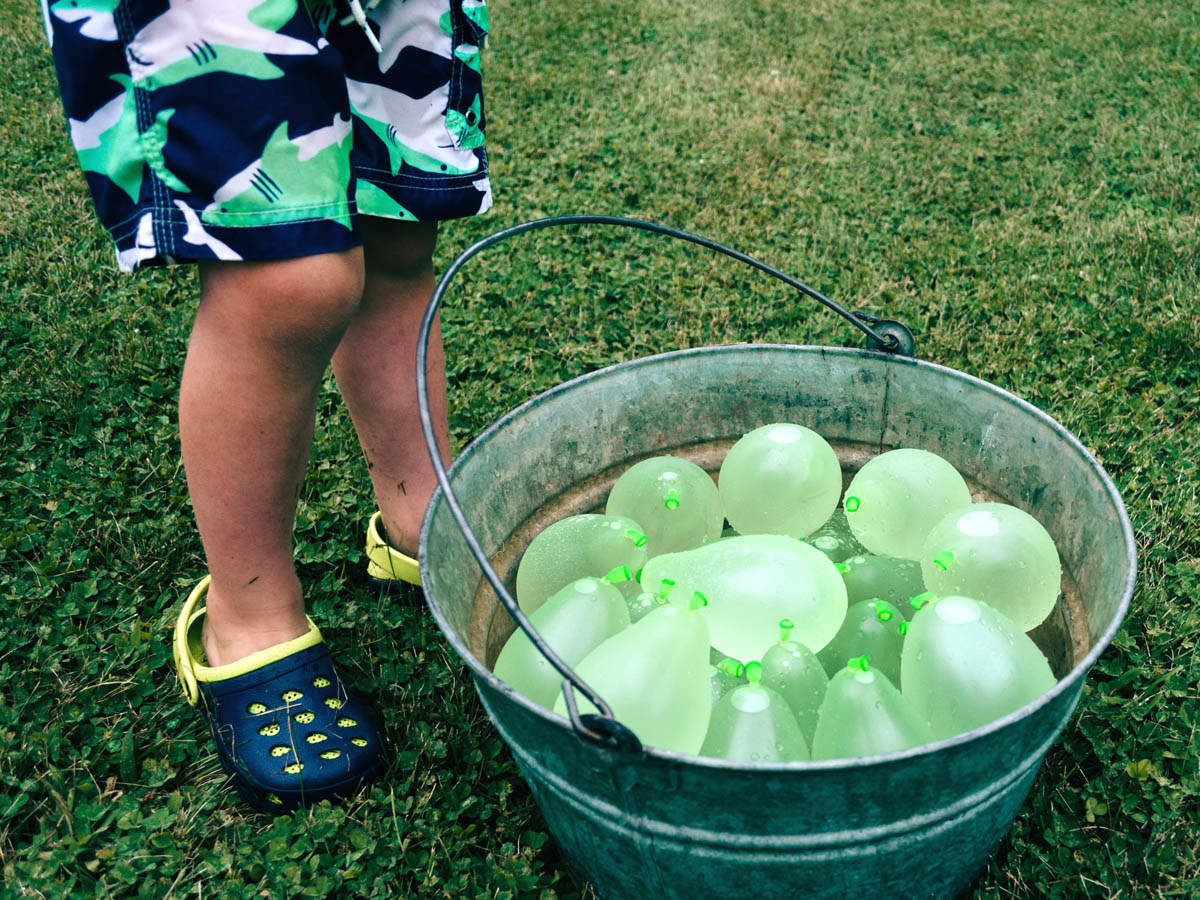
MANGALURU: A recent study conducted jointly by the department of community Medicine, Kasturba Medical College, Mangaluru, Manipal Academy of Higher Education casts doubt on the link between taking selfies and low self-esteem. The study suggests selfie mania is more of an addiction and is likely to be categorised as a neurological disorder in the coming days.
Several studies in the past have pointed out that the habit of taking selfie is high among people with low self-esteem. However, the study conducted under the leadership of associate professor, department of community medicine Dr Ramesh Holla and published in the ‘De Gruyter’ reveals different aspects.
“There are a lot of literatures that links selfie mania with low self-esteem. We wanted to check it ourselves and hence conducted a study ‘Selfie’-boon or a bane? The results were different than we expected,” explains Holla.
A total of 366 individuals took part in the study. Of them, 267 were medical undergraduates and 99 were teaching faculty. Holla said the study revealed that students mostly took selfies to share their current lifestyle, whereas faculty took selfies for convenience.
It is found that selfies do not affect the self-esteem of an individual as the majority of the population were found to have a normal level of self-esteem.
“The study also pointed out that selfie taking is an addiction and also related to narcissism. Some individuals feel the day is incomplete without taking a selfie and sharing the same on social media platforms. As of the 11th Revision of the International Classification of Diseases, gaming disorder is officially considered as a mental disorder which has sufficiently increased the acceptance of other behavioural addictions and pathologies in the scientific community. Selfie mania is also likely to be considered as a disorder sooner or later,” he added.
Rosenberg Self-Esteem Scale methodology
About the methodology, Holla said it was a cross-sectional study. A semi-structured questionnaire was prepared and the self-esteem was assessed by using the Rosenberg Self-Esteem Scale.
The self-esteem scale concluded that 96% of the faculty and 84% of the students have normal level of self-esteem. Around 52.7% of them agreed that they find selfie taking can be addictive, 43.7% of them agreed that selfie taking can have disastrous effects, sometimes even life threatening and 57.92% of them agreed that they enjoy the habit of selfie taking and find it entertaining.
Several studies in the past have pointed out that the habit of taking selfie is high among people with low self-esteem. However, the study conducted under the leadership of associate professor, department of community medicine Dr Ramesh Holla and published in the ‘De Gruyter’ reveals different aspects.
“There are a lot of literatures that links selfie mania with low self-esteem. We wanted to check it ourselves and hence conducted a study ‘Selfie’-boon or a bane? The results were different than we expected,” explains Holla.
A total of 366 individuals took part in the study. Of them, 267 were medical undergraduates and 99 were teaching faculty. Holla said the study revealed that students mostly took selfies to share their current lifestyle, whereas faculty took selfies for convenience.
It is found that selfies do not affect the self-esteem of an individual as the majority of the population were found to have a normal level of self-esteem.
“The study also pointed out that selfie taking is an addiction and also related to narcissism. Some individuals feel the day is incomplete without taking a selfie and sharing the same on social media platforms. As of the 11th Revision of the International Classification of Diseases, gaming disorder is officially considered as a mental disorder which has sufficiently increased the acceptance of other behavioural addictions and pathologies in the scientific community. Selfie mania is also likely to be considered as a disorder sooner or later,” he added.
Rosenberg Self-Esteem Scale methodology
About the methodology, Holla said it was a cross-sectional study. A semi-structured questionnaire was prepared and the self-esteem was assessed by using the Rosenberg Self-Esteem Scale.
The self-esteem scale concluded that 96% of the faculty and 84% of the students have normal level of self-esteem. Around 52.7% of them agreed that they find selfie taking can be addictive, 43.7% of them agreed that selfie taking can have disastrous effects, sometimes even life threatening and 57.92% of them agreed that they enjoy the habit of selfie taking and find it entertaining.
Quick Links
Kerala Coronavirus Helpline NumberHaryana Coronavirus Helpline NumberUP Coronavirus Helpline NumberBareilly NewsBhopal NewsCoronavirus in DelhiCoronavirus in HyderabadCoronavirus in IndiaCoronavirus symptomsCoronavirusRajasthan Coronavirus Helpline NumberAditya ThackerayShiv SenaFire in MumbaiAP Coronavirus Helpline NumberArvind KejriwalJammu Kashmir Coronavirus Helpline NumberSrinagar encounter
Get the app








